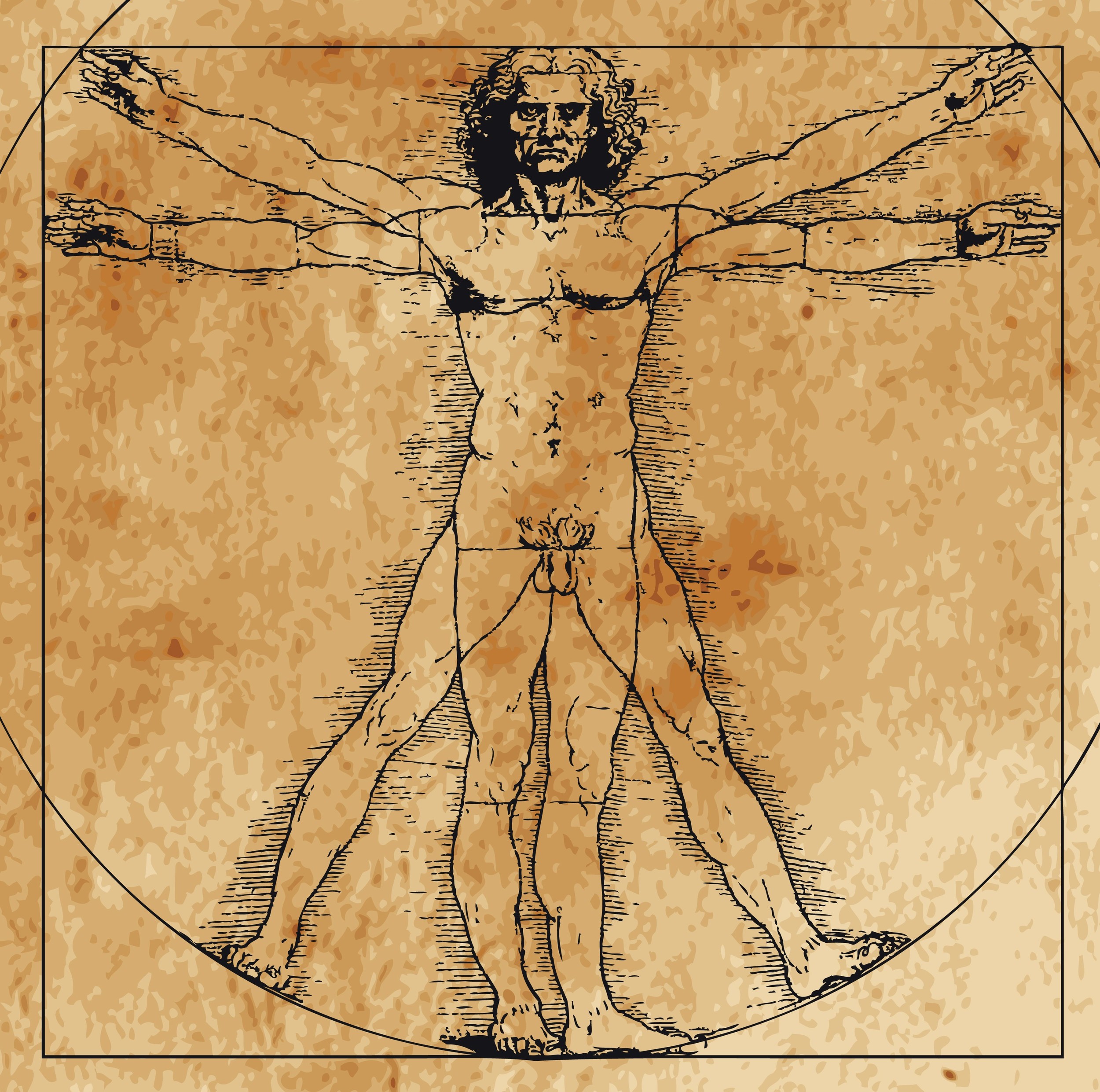Hello, Applied Evolutionary Psychology Society! This blog is the idea-generation machine for a small group o' people who are helping found a new kind of school — a kind of school that cultivates Renaissance people: men and women who find the world interesting, develop mastery in many fields, and seek a meaningful life.
It's grounded in our understanding that yes, there is such thing as human nature, and most approaches to schooling run roughshod over it.
We're opening The Island Academy of Hilton Head (off the coast of South Carolina) next week, and are looking to open a second school in the Seattle area in 2017.
If you've landed here from the Applied Evolutionary Psychology Society, might I invite you to peruse this blog? And, actually, why don't I give a "best of the best", at least from an evolutionary perspective?
Near the start of this blog, I thought it possible to ground our conception of schooling in an understanding that humans are powered more by unconscious motives than by conscious (drawing on the work of Daniel Kahneman) and that this means that we're not Vulcans — thus, a serious school needs to pay attention to student emotions (drawing on the work of Jonathan Haidt).
I moved into talking about how to end bullying, exploring how we're each born with particular psychologies, but that how those blossom is in part a factor of our surroundings (here drawing on the work of David Sloan Wilson).
In this post, I propose a metaphor: schools are bridges between our ancient human nature and the needs of the future. A new kind of school, I suggest, needs to (1) look to the deep past to see what kids are like, and then (2) look to (our best guesses about) the near future to see how we need to help kids shape themselves, and finally (3) look to the best approaches that currently exist to connect those.
Perhaps the best approach, I think, to connecting human nature to the needs of the near future is "Imaginative Education". Don't let the froofy name mislead you — this is hard-core education that grounds itself in cultural evolution. Imaginative Education (IE) comes from the work of Kieran Egan (Simon Fraser University). I've developed a nutshell explanation:
- We're not just abstract thinkers — we're feelers, designed to think about what we find interesting.
- Almost everything in the K–12 curriculum is really, really interesting, once you break through the crust.
- Every human culture has had to create methods to "break through the crust". Instead of re-inventing the wheel, we can use those methods: stories, metaphors, opposites, riddles, songs, theories and counter-theories... and more.
I then turned that nutshell explanation into a YouTube video. (I'm working to turn it into a TEDx talk.)
I'll write more about this soon, but I think that IE is something the evolutionary community has been looking for.
Finally, our schools have a three-part focus. As I said before, we're interested in cultivating Renaissance people, who find the world interesting, develop mastery in multiple subjects, and seek a life of meaning. Or, even briefer: we're all about love, mastery (and this note), and meaning (though initially that was called "wisdom").
Oh — as to what being in the schools will actually entail (aka "WHAT OUR IDEAS ACTUALLY LOOK LIKE"), check out the flurry of short posts in June and July of this year (2015).
Anyhoo, browse! Enjoy! And if you're interested, like us on Facebook, to get updates.
